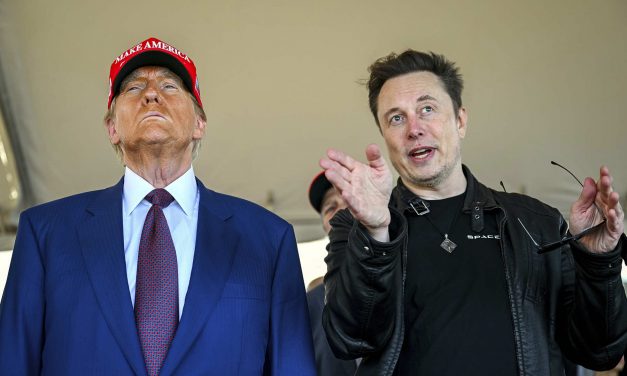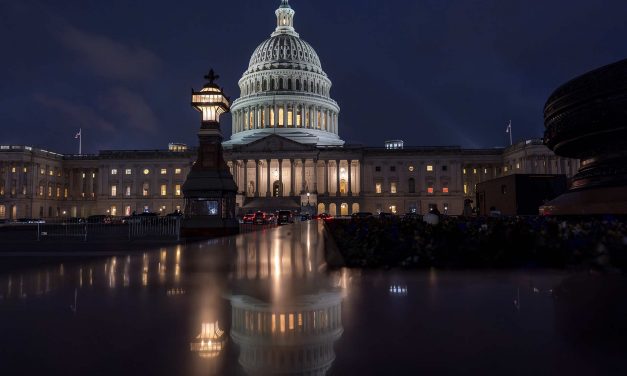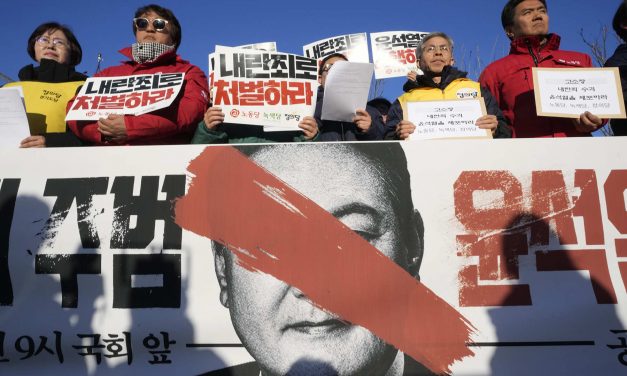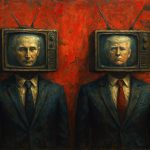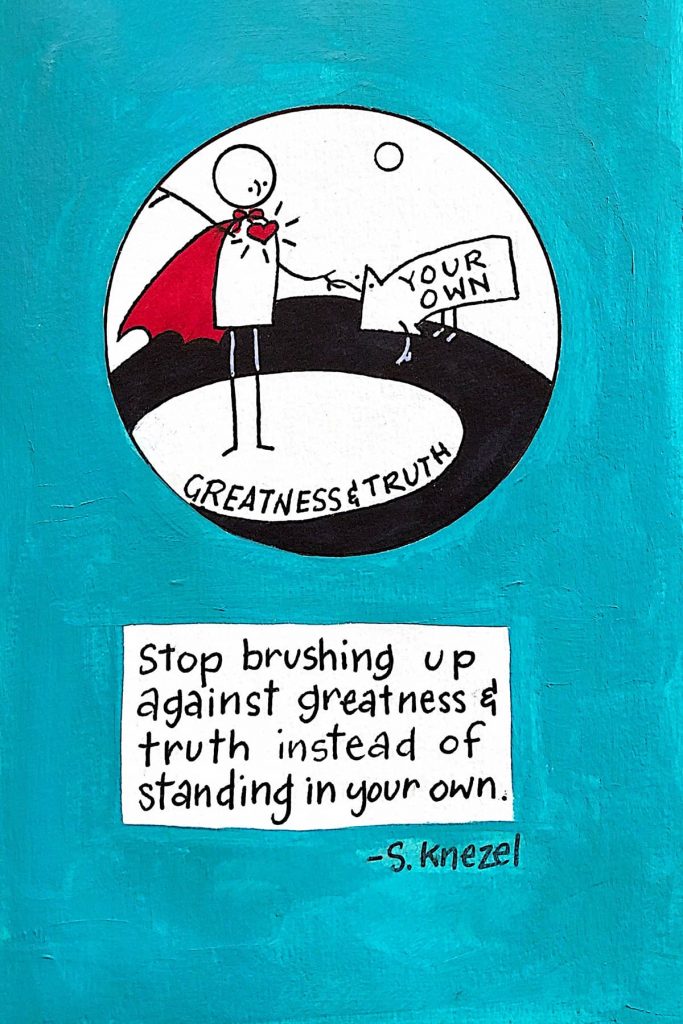Rewarding the rich: How Trump’s reelection reverses President Biden’s work to rebuild the middle class
In 1883, the Republican Party moved into full-throated support for the industrialists who were concentrating the nation’s wealth into their own hands while factory workers stayed above the poverty line only by working 12 hours a day, seven days a week. It was Yale sociologist William Graham Sumner who responded to those worried about the extremes of wealth and poverty in the country with his book “What Social Classes Owe to Each Other.” Sumner concluded it was unfair that “worthy, industrious, independent, and self-supporting” men should be taxed to support those he claimed were lazy. Worse, he said, such...
Read More


